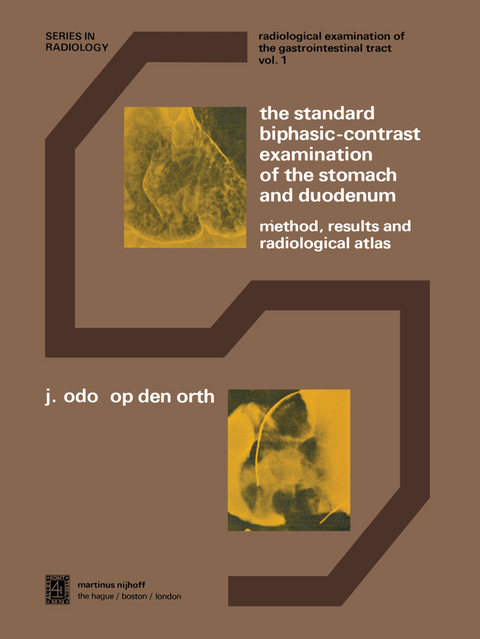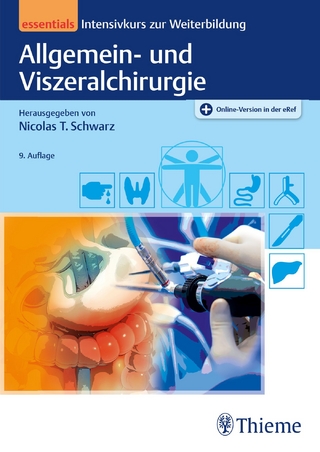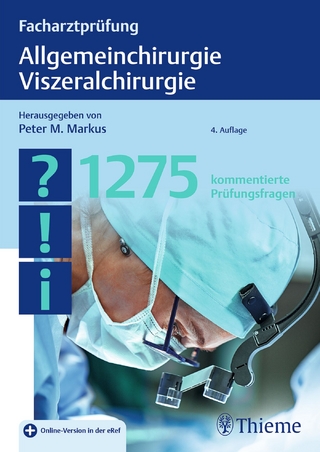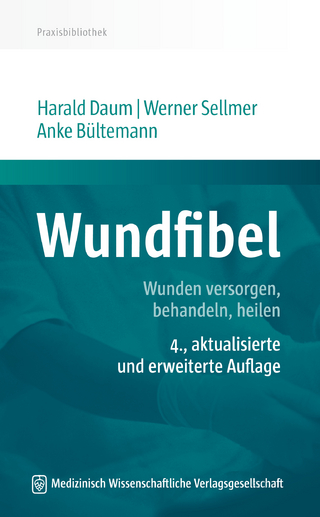
The Standard Biphasic-Contrast Examination of the Stomach and Duodenum
Method, Results, and Radiological Atlas
Seiten
2011
|
Softcover reprint of the original 1st ed. 1979
Springer (Verlag)
978-94-009-9314-3 (ISBN)
Springer (Verlag)
978-94-009-9314-3 (ISBN)
The rapid growth of fibre-optic endoscopy in recent than 7,500 examinations has been accumulated. years has had two consequences for the radiology of In part I of this study the theoretical background the stomach and the duocienum. and the technique of examination proper are de- scribed. The basic principles of interpretation of DC 1. Radiology has lost its previously rather auton- studies are stated. omous position in this field. Part II deals with the results. Chapter 5 consists of 2. As a result of the constant feed-back from the general remarks on the results, and on the comple- endoscopist, which the radiologist can and should mentary role of radiological examination and endos- have, he is in an excellent position to re-evaluate copy. Chapter 6 deals with a quantative study of and improve his own technique of examination. standard biphasic-contrast examinations in patients The author believes that the radiological exam- over a period of 3 years.
This study was restricted to ination retains its value as a screening technique and malignant lesions, because it is only in this group a complementary method to gastroscopy and biop- that the definite criterion, a histological diagnosis, is sy. Only a sophisticated radiological technique will obtained. The natural history of malignant lesions fulfil these requirements. In 1973 the author devel- also makes follow-up studies possible. Results of the oped a standard examination that was called "bi- diagnosis of Early Gastric Cancer (EGC) are phasic", because it combines the advantages of included.
This study was restricted to ination retains its value as a screening technique and malignant lesions, because it is only in this group a complementary method to gastroscopy and biop- that the definite criterion, a histological diagnosis, is sy. Only a sophisticated radiological technique will obtained. The natural history of malignant lesions fulfil these requirements. In 1973 the author devel- also makes follow-up studies possible. Results of the oped a standard examination that was called "bi- diagnosis of Early Gastric Cancer (EGC) are phasic", because it combines the advantages of included.
I. Method.- 1. A Brief Review of Radiological Techniques for Examination of the Stomach and Duodenum.- 2. Why is a Standard Biphasic-Contrast Examination Necessary?.- 3. The Standard Biphasic-Contrast Gastric Series.- 4. Basic Principles for the Interpretation of Double-Contrast Studies.- II. Results.- 5. General Remarks.- 6. Quantitative Results in the Diagnosis of Malignant Lesions of the Stomach.- III. Radiological Atlas of Common Lesions of the Stomach and Duodenum.- 7. Stomach.- 8. Duodenum.- References.
| Reihe/Serie | Series in Radiology ; 1 |
|---|---|
| Zusatzinfo | 190 p. |
| Verlagsort | Dordrecht |
| Sprache | englisch |
| Maße | 210 x 280 mm |
| Themenwelt | Sachbuch/Ratgeber ► Natur / Technik ► Garten |
| Medizinische Fachgebiete ► Chirurgie ► Viszeralchirurgie | |
| Medizinische Fachgebiete ► Innere Medizin ► Gastroenterologie | |
| Medizinische Fachgebiete ► Radiologie / Bildgebende Verfahren ► Radiologie | |
| ISBN-10 | 94-009-9314-5 / 9400993145 |
| ISBN-13 | 978-94-009-9314-3 / 9789400993143 |
| Zustand | Neuware |
| Haben Sie eine Frage zum Produkt? |
Mehr entdecken
aus dem Bereich
aus dem Bereich
Wunden versorgen, behandeln, heilen
Buch | Softcover (2023)
MWV Medizinisch Wissenschaftliche Verlagsgesellschaft
39,95 €


